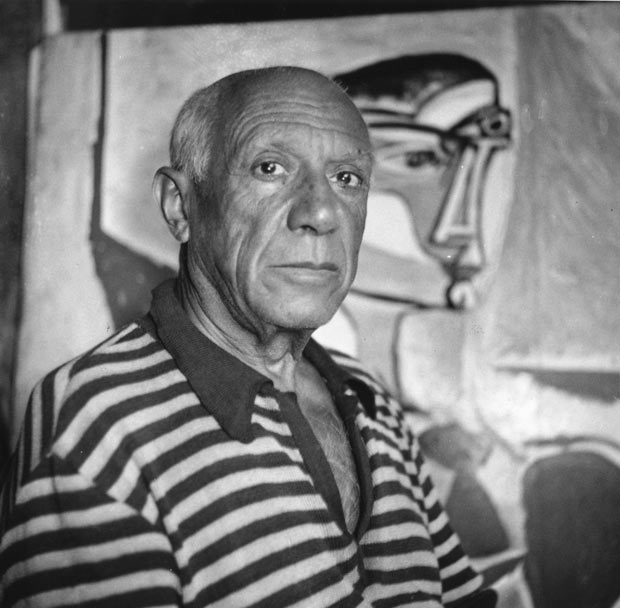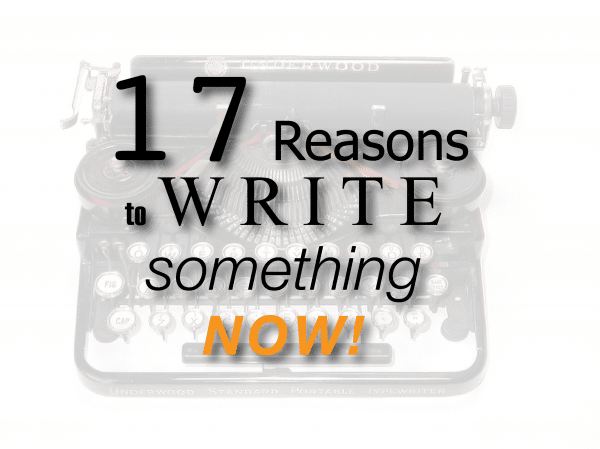Just last night, I arrived back home from the Middle East, where I was working for the last two weeks. I traveled over 7,400 miles over thirty-two hours, and honestly, I’m exhausted.

At The Write Practice, we publish a new article each day designed to help writers tackle one part of their writing journey, from generating ideas to grammar to writing and publishing your first book. Each article has a short practice exercise at the end to help you immediately put your learning to use.
Check out the latest articles below or find ones that match your interest in the sidebar.
And make sure to subscribe to get a weekly digest of our latest posts, along with our free guide, 10 Steps to Become a Writer.

Just last night, I arrived back home from the Middle East, where I was working for the last two weeks. I traveled over 7,400 miles over thirty-two hours, and honestly, I’m exhausted.

When I last posted, we were one week into our move, and now I can hardly believe it’s fourteen days later! I’m still quite unnerved with no familiarity to anchor me (except my family, of course!).
I have found myself turning inward for grounding, seeking that which hasn’t changed amidst everything that has. It’s as if I wonder, “Am I still who I am HERE though I am without my familiar people, environment, office, and coffee shop that helped support my identity? Perhaps you have experienced your own transitions that have left you feeling similar?

I have a soft spot for sarcasm. This is probably no surprise to anyone who has been following the Write Practice since the early days, but I often say that the primary love language of my family is sarcasm. It’s nothing too cutting; we understand where the line between sarcastic and downright hurtful is. This is probably why I love the word “snark” as much as I do. Fun fact: snark is a portmanteau of “snide remark”, which is one hundred percent the best definition of snark.

Even when you ask for it, when people critique your writing it can feel like a dagger to the gut. It can knock out your confidence and even cause you to question whether you should ever bother picking up a pen again.

“Art is not the application of a canon of beauty but what the instinct and the brain can conceive beyond any canon. When we love a woman we don’t start measuring her limbs.”

“The only requirement,” to be a writer, said Stephen King, “is the ability to remember every scar.”
I have a few scars (and you do, too). There’s that girl in the eighth grade, my father’s illness in the seventh, and there was that boy earlier than that who told me to shut up every time I spoke to him.
When did I learn to fear my voice?
My sister is in San Francisco this week, scouting the area, making connections, and hopefully moving in the next few months. My parents and I have shared that we would be very surprised if she was still in Pittsburgh come Halloween. She's been to the Bay area a few...

A couple of times I’ve mentioned The Snowflake Method, a technique to organize a novel before diving into the first draft. Some of the steps include creating a scene list and interviewing characters. I personally used this approach and, without it, I don’t know if I ever could have gotten my novel started.
The very first step of the Snowflake Method is to describe the plot of your novel in one sentence.

I get it. You’re busy. You have other commitments: work, school, the kids, your friends. I understand.
I know writing a short story or a novel or a blog post is scary. What if someone reads it? And yes, it’s true. You might fail. People might not like what you write. Worse, they might ignore your writing altogether.
However, if you’ve ever wanted to be a writer, now is the time to start. If you don’t believe me, here are seventeen reasons to write right now.

As a writer, it’s easy to get sucked into the mundane world of dirty sweatpants, stale coffee and cold pizza. I mean, who really needs to see us while we’re writing, right?
While that may work for a time, pretty soon we become hermits, hoarding our words, shunning the light and developing a Smeagol-like complexion. Gross.